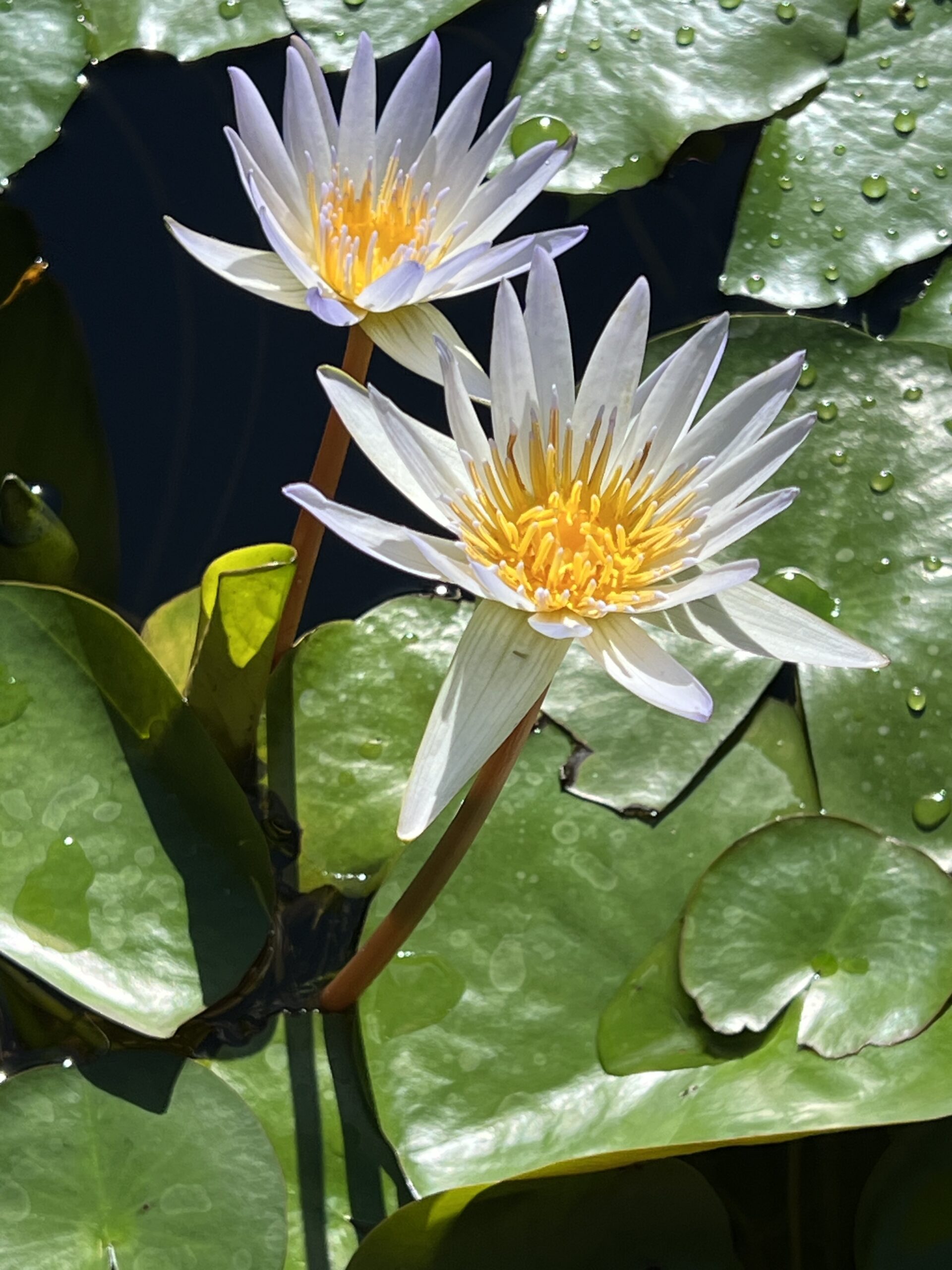Animal, Vegetable, Human?
“We create our mental afflictions by creating these narratives—comparing ourselves with others or comparing our performance with what we think it should be. The Buddhists believe a comparing mind is one of the greatest sources of suffering. An animal doesn’t do this. When a beaver builds a dam, he doesn’t think about whether it’s as great as the other dams. He just keeps building.” (Martha Beck)
I’m going out on a limb here, for lack of internet access/confirmation, to reminisce about a guessing game I used to play called animal, vegetable, human.
Ok. Internet is back up. It’s actually animal, vegetable, mineral, and sometimes human. Apparently there are variations, but the game is the same. One person in the game chooses an object and tells the other players if it is an animal, a vegetable or a mineral (or human). All other players ask questions to help determine what the object is.
What interests me today relative to this game is a minor epiphany I had about human nature: according to life coach Martha Beck, we’re a small part rational, thinking human and a large part instinct-driven animals. The main thing that separates us from the rest of the animal kingdom is the neo-cortex. According to Beck, “This amazing structure allows us to speak, imagine, calculate—and lie. Humans are better at lying than any other creature on earth. And I don’t just mean deliberate, conscious lying. Our brains are so tuned into social expectations that we often lie to ourselves without even knowing it.”
Why would we do that? Why be so concerned with meeting external standards and expectations that we ignore and even betray our true nature? The answer seems simple enough. Because we are essentially pack animals, and because our sense of security/belonging is based on remaining in said pack or tribe, we often — albeit unconsciously — override our own intuition, feelings and needs. The pack mentality can be found in religions, politics, educational institutions and especially shaped in families. If you are born into a family of athletes you might feel vulnerable or even censored for wanting to pursue stamp collecting or building popsicle stick villages. Depending on where and how you are raised, what transpersonal anthropologist Hillevi Ruumet calls “the social matrix in which we are born”, you may never be exposed to other options than those being pursued around you.
If nothing else, the evolution of consciousness depends on your being able to question the concepts and beliefs upon which you have been operating. Or on which you have based your sense of reality.
In her chapter on Evolution and Maya [illusion], in Time to be Holy Swami Radha writes:
“We evolve through these various kingdoms – mineral, plant, animal, human. It takes billions of years, probably, and millions of births. Even at the human level, we see many people who are closer often to the animal kingdom than to what we normally call human. We can only assume that consciousness came into existence somewhere, and then evolved through individuals who were willing to take a chance. We can only speculate that life has some sort of meaning within which we can make our own individual lives as meaningful as possible.”
That is a question I have been pursuing throughout my years of spiritual discipline and practice, how to make my life as meaningful as possible. I often despair at what I observe in magazines or on tv, and even moreso by the casual cruelties I witness closer to home — kids being bullied at camp or on the playground. counselors or coaches being oblivious or favoring their own. At times like these I go back to “mineral, vegetable, animal” and ground myself in the natural world. I haven’t come across any beaver dams lately, but doing my mantra practice outdoors at a cabin in the mountains does me a world of good.
I watch tiny birds flit from branch to branch. Squirrels chasing one another up tree trunks, and bees buzzing industriously in the flowers beside me. Minding their own beeswax, as the saying goes. While observing them, I remember reading about how bee “dances”, are important forms of communication:
“By performing this dance, successful foragers can share information about the direction and distance to patches of flowers yielding nectar and pollen, to water sources, or to new nest-site locations with other members of the colony.”
All of these natural scenes calm my mind as I ask myself “what is my own bees’ wax? What is mine to mind?” Swami Radha wrote about making a positive contribution to the world through selfless service, service offered without thought to personal glory or reward:
“Selfless service is also your protection in these times when the obstacles to Higher Consciousness can have a devastating dimension. Krishna in his last message to the world says, “Whenever people suffer at the hands of others, I will destroy evil.” To the evildoers, he says, “If you remain hard-hearted, I will destroy you.” Today there are millions of people suffering at the hands of others. How do you protect yourself in such times? By practising selfless service, for that is what will make you divine. It is the road to return to the Light, to your inner being.”
As the bees remind me: “Just do what I can with what I have where I am”.
And dance, dance, dance.
